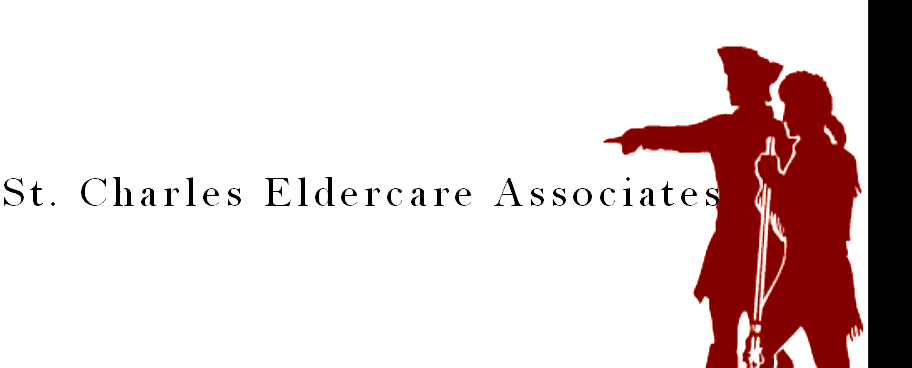| A | B | C | D | E-F | G-H | I | J-L | M-N | O-P | Q-R | S | T-Z |
S
Senior Center – Community-based programs that provide a variety of services that can include social activities, nutrition, and educational and recreational opportunities for older adults.
Shortened Benefit Period – see Nonforfeiture Benefits.
Skilled Care – Daily nursing and rehabilitative care that can be performed only by, or under the supervision of, skilled medical personnel. This care is usually needed 24 hours a day, must be ordered by a physician, and must follow a plan of care. Individuals usually get skilled care in a nursing home but may also receive it in other places.
Skilled Nursing Care – Skilled care that must be given or supervised by Registered Nurses. Examples of skilled nursing care are intravenous injections, tube feeding, and changing sterile dressings on a wound. Any service that could be safely done by an average non-medical person without the supervision of a Registered Nurse is not consider skilled care.
Skilled Nursing Facility (SNF) – A nursing facility (in most cases, a nursing home; sometimes a special unit inside a hospital) that has been certified by Medicare, with the staff and equipment to give skilled nursing care and/or skilled rehabilitation services and other related health services. For more information, click on Nursing Homes.
Speech Therapist\ – A rehabilitation professional who provides therapy to overcome speech and communication problems, such as speech difficulties following a stroke. A speech therapist may also provide assistance for managing swallowing problems.
Spend Down – A requirement that an individual use up most of his or her income and assets to meet Medicaid eligibility requirements.
State Health Insurance Assistance Program (SHIP) – Federally funded program to provide counseling to seniors regarding their insurance needs.
Sub-Acute Care – Typically following a stay in a hospital, this is maintenance care for serious medical conditions that are not urgent or life-threatening. Hospitals typically do not provide sub-acute care on an ongoing basis. Sub-acute care may include long-term ventilator care or other procedures provided on a routine basis either at home or by trained staff at a skilled nursing facility.
Substantial Assistance – Means either hands-on assistance or standby assistance.
“Hands-On Assistance” means the physical assistance of another person without whom the person needing assistance would be unable to perform an activity of daily living.
“Standby Assistance” means the presence of another person, within arm’s reach, to prevent, by physical intervention, injury to someone needing assistance while they are performing an activity of daily living (such as being ready to catch them if they fall while getting into or out of the bathtub or shower, or being ready to remove food from their throat if they choke).
Substantial Supervision – means the continual supervision (which may include cuing by verbal prompting, gestures, or other demonstrations) by another person to protect someone who needs assistance from threats to their health or safety (such as may result from wandering).
Support Group – A group of people with a common experience, such a disease, disorder, caregiving, etc., where one can share one’s thoughts, feelings and concerns and receive information and support from other members of the group. Groups may or may not be facilitated by an expert. For more information, click on Support Groups.
Survivor – In the case of a husband and wife, the surviving spouse.
